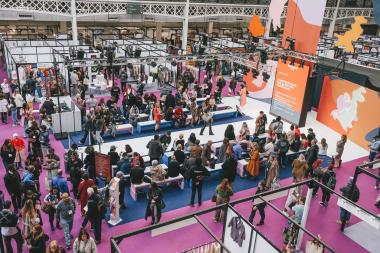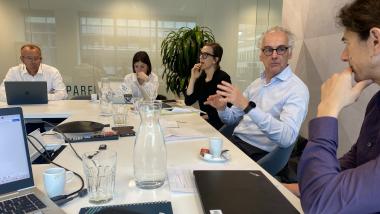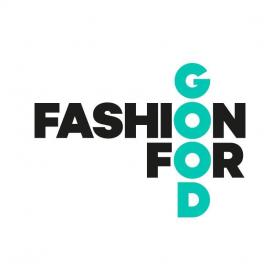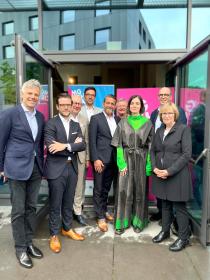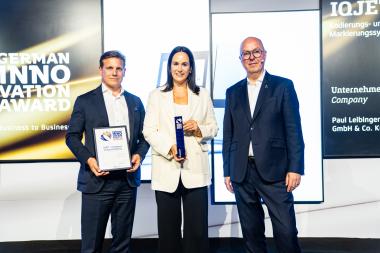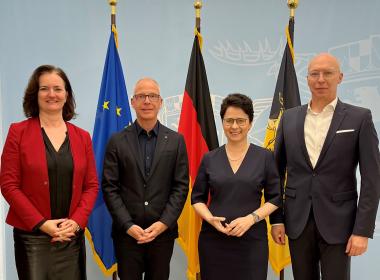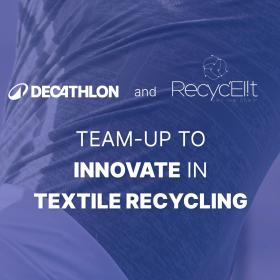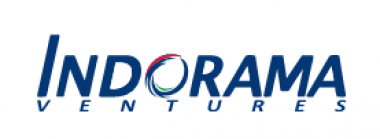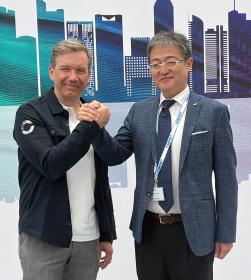Solvay: Outcome of 2024 Shareholders’ Meeting
Solvay held its Ordinary General Shareholders’ Meeting in Brussels, and shareholders voted in favor of all the proposed resolutions.
Solvay shareholders showed support to all resolutions and more specifically:
- The payment of a gross dividend of €2.43 per share for the year 2023. After deducting the interim dividend of €1.62 gross per share, paid on 17 January 2024, the balance amounts to €0.81 gross per share, payable from 5 June 2024.
- The re-election of Ms. Aude Thibaut de Maisières as a board member for a four-year term.
- The remuneration report.
- The appointment of EY for the assurance of sustainability information related to the Corporate Sustainability Reporting Directive (CSRD)
Solvay












